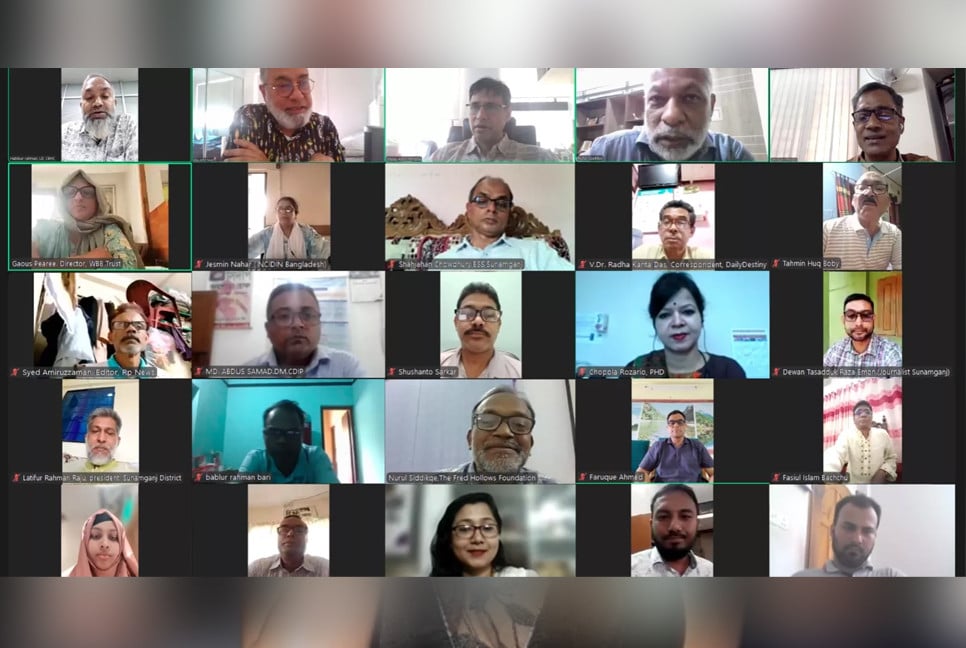Whether you know it or not, we are all witnesses to artificial intelligence rapidly reshaping how we connect with others, even in the realm of romance. AI lovers—computer programs designed to simulate romantic relationships—are gaining traction at an astonishing rate. The global market for AI-driven companionship was valued at $2.8 billion in 2024 and is projected to reach $9.5 billion by 2028, with Google searches for terms like “AI girlfriend” skyrocketing by 2,400% between 2022 and 2024.
Platforms like Character AI have millions of monthly users, with men accounting for the majority of these interactions. As advertising dollars pour into this industry, it’s clear that virtual relationships are becoming a mainstream option for many people. Yes, I used the word “mainstream,” and I don’t say that lightly.
While these digital companions promise companionship without conflict and intimacy without vulnerability, I worry about what they mean for the future of human connection—and whether we’re prepared for the trade-offs they demand.
The Evolutionary Drive for Self-Improvement
For millennia, the pursuit of romantic partners has driven us to improve ourselves—to become more confident, compassionate, or accomplished in order to attract a mate. This evolutionary drive to increase our “mate value” has shaped not only individuals but also societies as a whole.
But AI lovers disrupt this dynamic by offering companionship without requiring effort or self-improvement. Why work on being a better person when a virtual partner will love you exactly as you are? This shortcut to intimacy risks undermining the motivation to grow and evolve—qualities that have historically been central to human progress.
Unrealistic Expectations for Human Relationships
AI lovers are designed to be idealized partners: endlessly patient, perfectly supportive, and tailored to your every need. While this might sound appealing, it sets an impossibly high bar for real-world relationships. Human partners are messy and imperfect—they have their own needs, emotions, and limitations.
Research on “technoference” (when technology interferes with human relationships) shows that unmet expectations created by technology can lead to dissatisfaction and conflict (Chotpitayasunondh & Douglas, 2018; McDaniel & Coyne, 2016). Similarly, constant positive reinforcement from an AI lover could make human relationships feel like too much work—or worse, not worth the effort at all.
The Erosion of Empathy
Romantic relationships are one of life’s most powerful training grounds for empathy. When we share in a partner’s struggles—when we see their pain and celebrate their triumphs—we develop a deeper understanding of what it means to be human. This shared vulnerability helps us connect not just with our partners but with others in the world around us.
AI lovers can’t truly replicate this experience because they lack genuine emotions or lived experiences. That said, chatbots are increasingly programmed to mimic life challenges convincingly—they might “tell” you about their tough day or their “struggles.” While this could evoke compassion from users, we don’t yet know if that compassion will transfer to real people. If our capacity for empathy becomes directed toward machines rather than humans, what kind of society will we create?
Virtual Relationships Don’t Demand Emotional Growth
Human relationships are hard work—and that’s part of what makes them so valuable. They require us to develop essential emotional skills like compromise, patience, and respect for other viewpoints. These skills don’t just help us navigate romantic partnerships; they’re critical for functioning in families, workplaces, and communities.
AI lovers don’t demand any of this from us. They’re designed to adapt entirely to our needs and preferences, which means there’s no need to meet them halfway or consider their perspective. Over time, this could erode our ability—or willingness—to engage in the give-and-take that real relationships require.
Imagine a world where we no longer practice compromise because we’ve grown accustomed to always getting our way in virtual relationships. What happens when we encounter conflict with a coworker or need to navigate a disagreement with a family member? The emotional muscles we once relied on may weaken from lack of use.
The Importance of Human Touch
One thing AI lovers can’t provide—at least not yet—is physical touch. And touch matters more than we often realize. Research has shown that physical contact releases oxytocin (the “bonding hormone”), reduces stress hormones like cortisol, and promotes feelings of safety and comfort (Schneider et al., 2023).
Even when future advancements in robotics allow AI companions to simulate touch convincingly (which is likely to happen sooner than you think), it’s unclear whether these interactions could ever replicate the psychological benefits of genuine human contact. Without physical connection as part of our relationships, will we feel lonelier than ever—even as we’re surrounded by virtual “partners”?
Mental Health Implications
Technology has enhanced our lives in many ways, but it’s not yet showing itself to be good for our mental health. The psychological impact of AI lovers is still an emerging area of research, but early findings suggest potential risks, including increased social isolation (Nowland et al., 2018), emotional dependency (Turkle, 2017), and unrealistic relationship standards. These concerns align with broader research on technology’s impact on mental health. Studies have linked excessive engagement with digital platforms to depression, anxiety, and reduced self-esteem (Mari et al., 2023). Given how immersive AI companions can be, these risks seem all too plausible.
Where Are We Headed?
I’ll admit it: I worry about where all this is leading us—both personally and as a society. Human relationships are challenging for sure, but they teach us compassion through shared struggles; they push us to grow emotionally by demanding compromise and respect for others’ perspectives; they remind us that love is messy but often worth it.
And yet I think this is where we’re headed—and maybe there’s no stopping it. To change course would require developing more compassion for other people—not less—and recommitting ourselves to the hard work of human connection. Today’s trends suggest this isn’t likely. If you still aren’t convinced, check out my post, “Why AI girlfriends Will Be More Popular Than You Think.”
Still, I can’t shake the feeling that we’ll lose more than we gain as virtual lovers become an integral part of our lives. Here’s hoping I’m wrong!
(The write up published on Psychology Today)
Bd-pratidn English/Lutful Hoque
































































